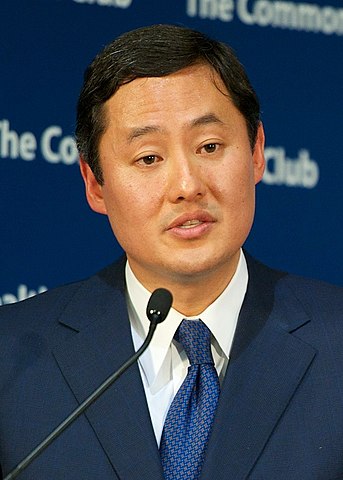Authors:
Historic Era: Era 10: Contemporary United States (1968 to the present)
Historic Theme:
Subject:
February/March 2021 | Volume 66, Issue 2


Authors:
Historic Era: Era 10: Contemporary United States (1968 to the present)
Historic Theme:
Subject:
February/March 2021 | Volume 66, Issue 2

While George W. Bush's connections with industry sometimes led to charges of corrupt practices during his time in the White House, his presidency became swiftly and indelibly associated with efforts, often open, to evade and erode laws protecting the civil liberties of U.S. citizens in an effort to combat terrorism. The administration's response to charges of such misconduct, which has become its enduring legacy for the institution of the presidency, amounted in the end to the crafting of new legal justifications superseding older, and sometimes fundamental, law.
Surveillance of U.S. Citizens
The Bush administration's most public forms of misconduct arose from its responses to the terrorist attacks on New York City and Washington, D.C., on September 11, 2001. Among those responses was an increased surveillance effort within the United States. In seeking to prevent further attacks, the White House expanded its programs for intelligence gathering beyond what the law allowed, while also seeking to expand the law to accommodate the scope of the administration's ambitions.
The New York Times reported on December 16, 2005, that the administration had authorized the National Security Agency (NSA) to conduct surveillance of Americans' private communications without seeking the judicial warrants required by the Foreign Intelligence Surveillance Act (FISA) of 1978. FISA created special procedures designed to permit surveillance with minimal judicial review. Its secret court had a history of accommodating requests for electronic eavesdropping, and between its creation in 1978 and 2004, it rejected only five requests as against the 18,761 it granted.
The USA PATRIOT Act of 2001 expanded intelligence-gathering capacity in response to the terrorist attacks that year without overturning the legal provisions requiring FISA warrants for domestic surveillance. Contrary to the FISA law, the President had ordered the NSA to gather information within the United States shortly after the September 11 terrorist attacks, and he continued to reauthorize this surveillance periodically over the next several years.

Under the president's order, the NSA gained access to the switches of private telecommunications firms so it could intercept information streams routed through those switches. The information collected came from throughout the world but also included information streams originating from Americans talking to their fellow citizens solely within the United States. Having collected the information, the NSA shared it with other law enforcement and intelligence-gathering agencies.
Once the New York Times revealed the existence of the program, administration officials publicly acknowledged using such means to listen, without warrant, to communications they thought might be going to, or coming from, a terrorist organization, and they referred to the operation as the “Terrorist Surveillance Program.” In addition, the administration did